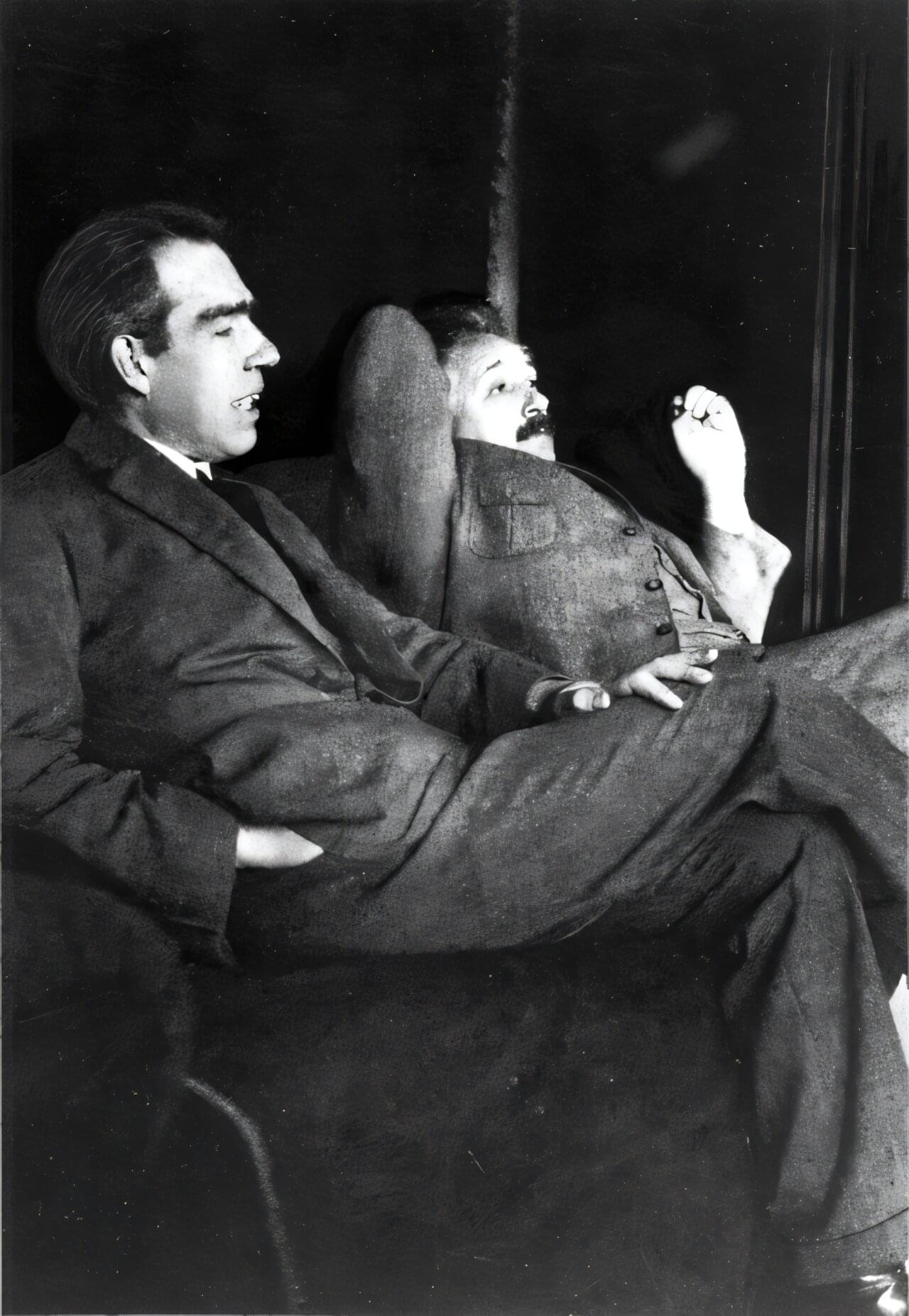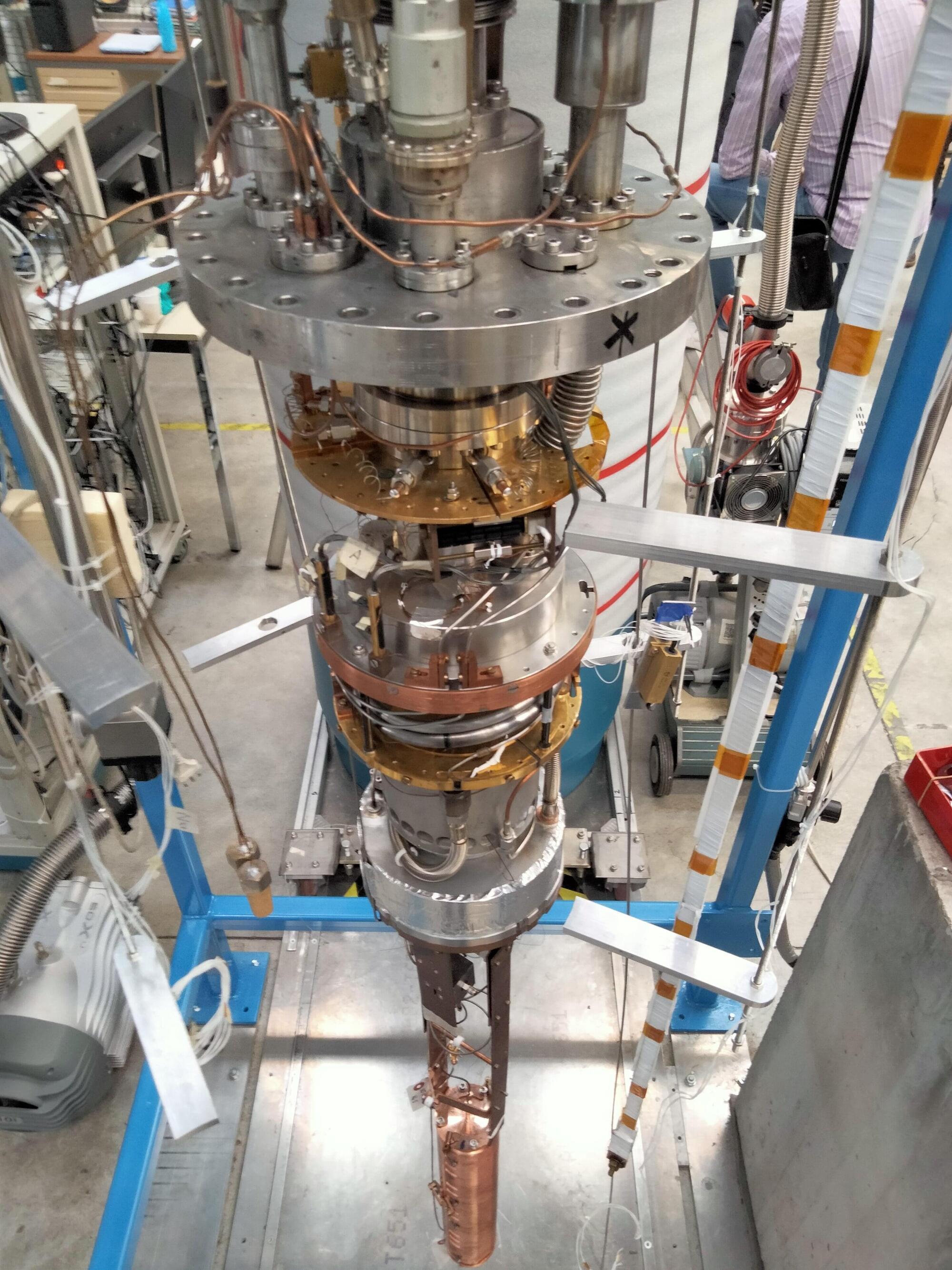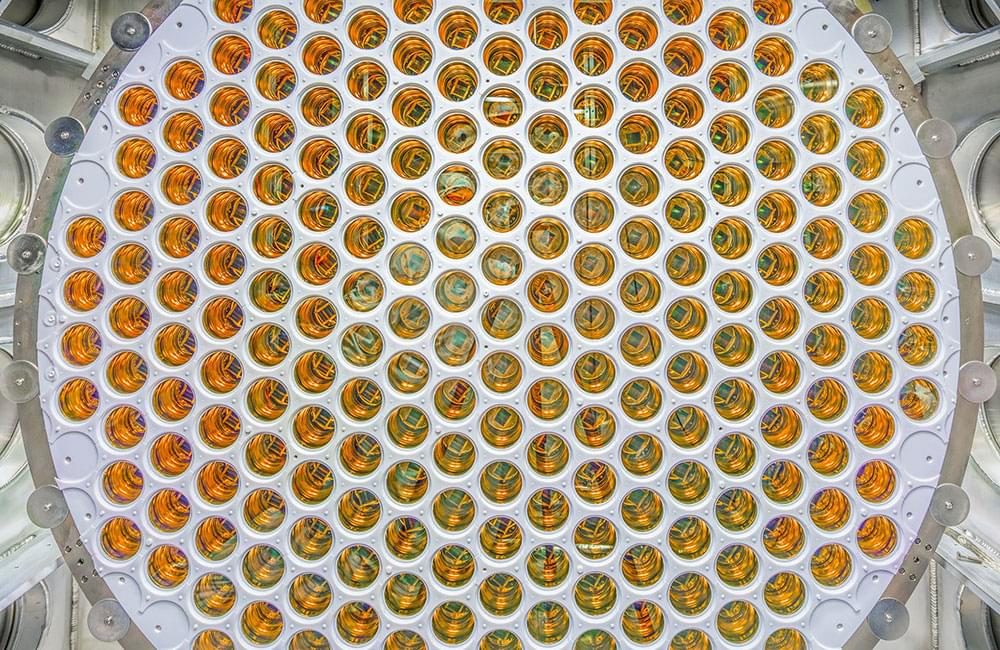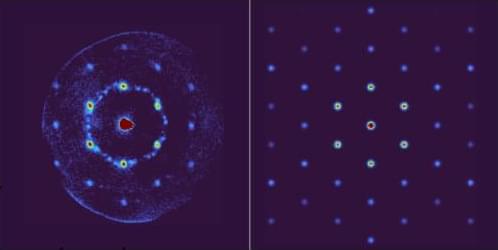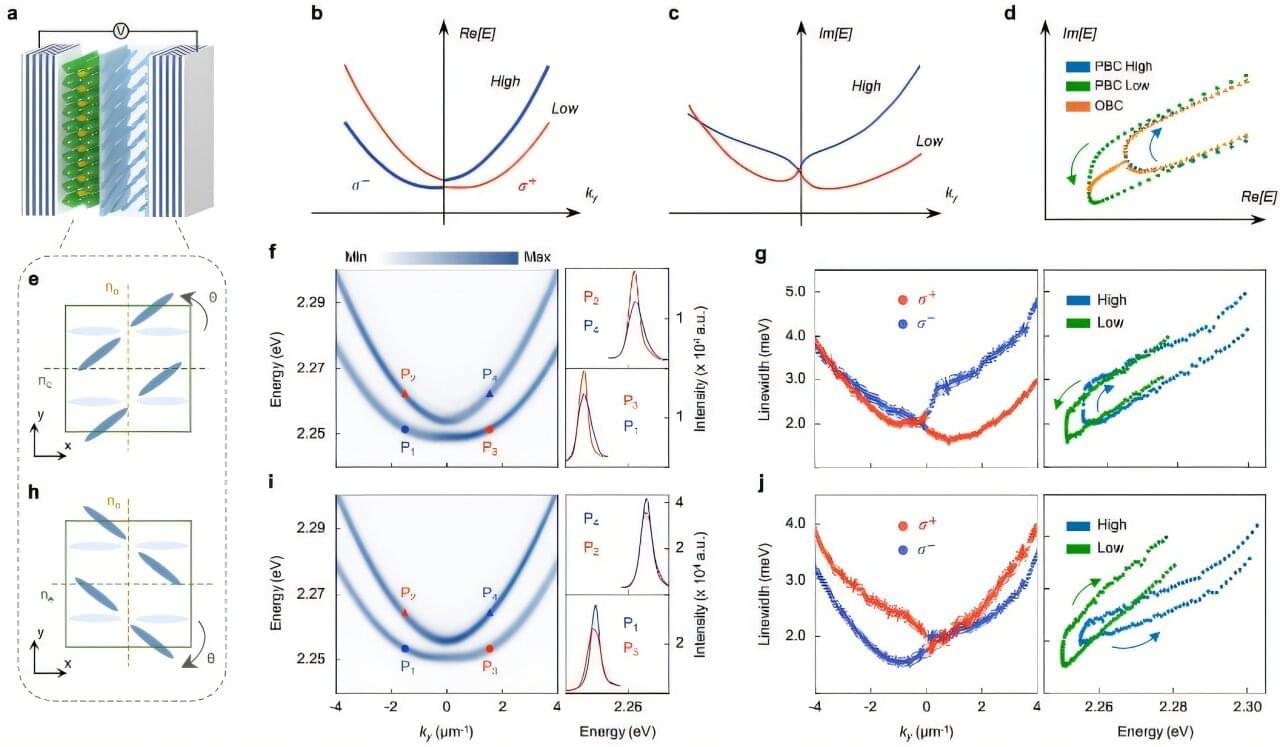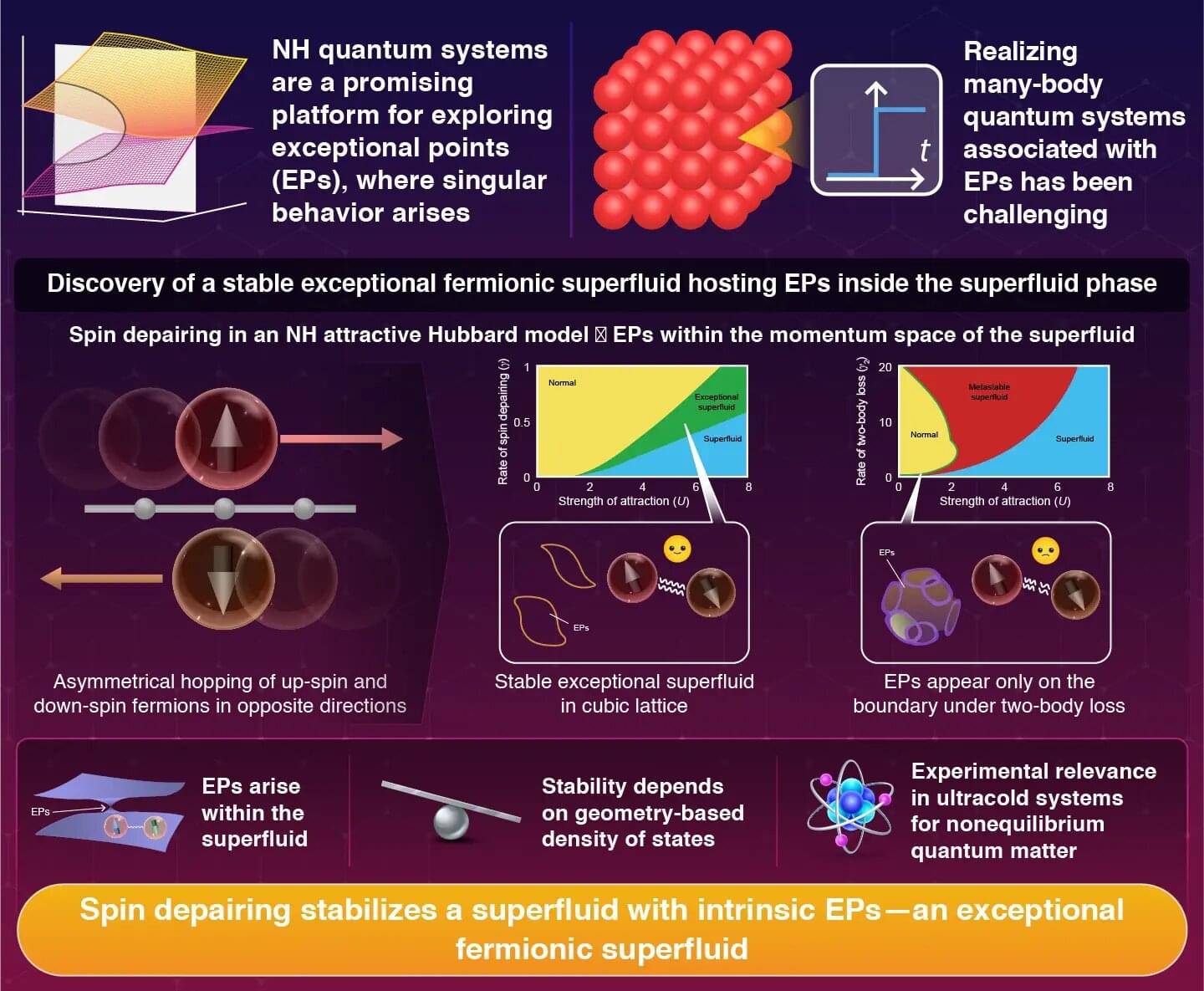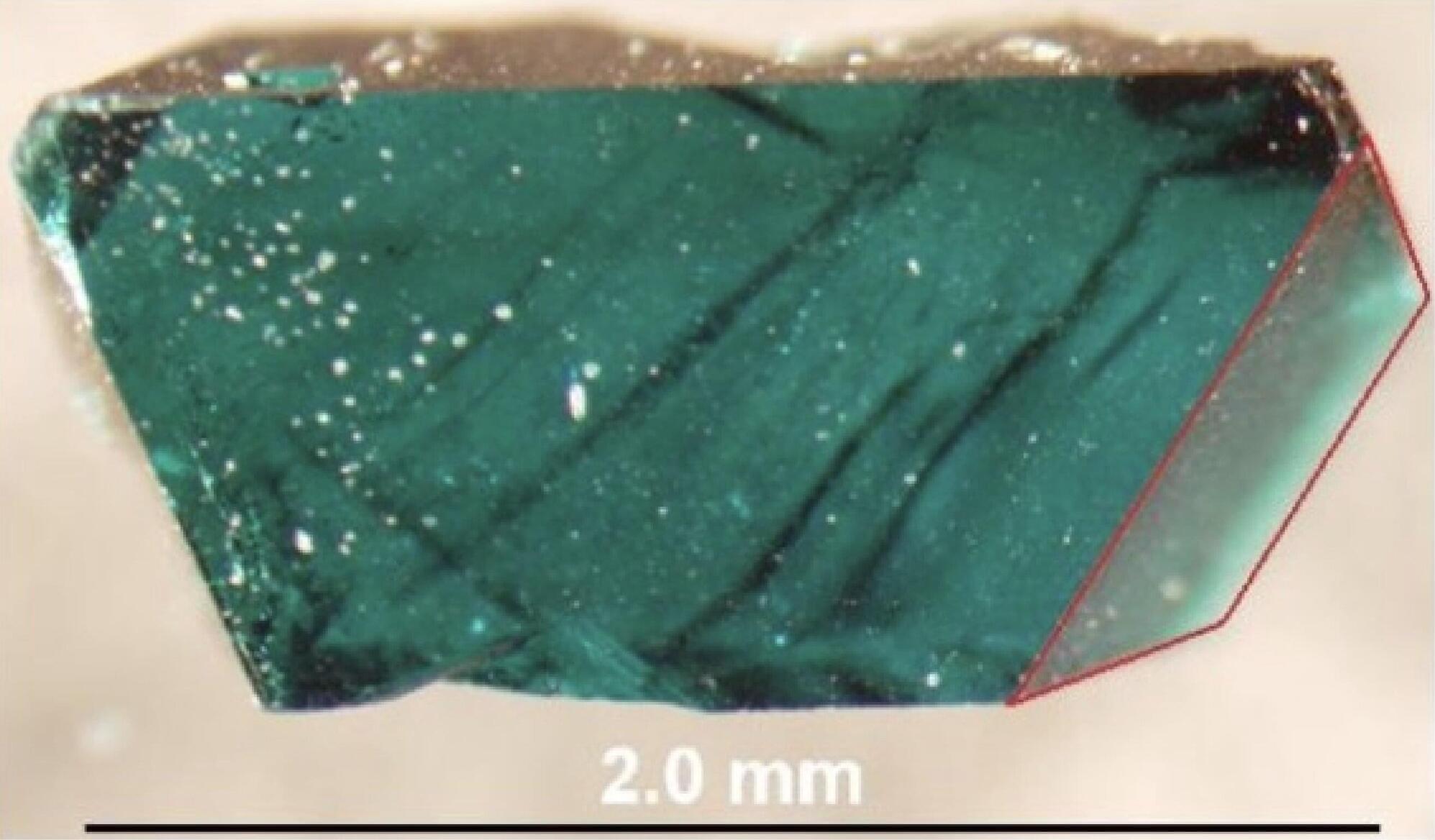Einstein never liked the idea that nature is uncertain and he once said “does that mean the Moon is not there when I am not looking at it”. He believed we live in an orderly Universe which is fundamentally rational and that there should always be a reason why thing happen. But there is a way to have the objective Universe of Einstein and the uncertainty of quantum physics and that is by explaining quantum mechanics as the physics of ‘time’ with the future as an emergent property.
In this radical theory the mathematics of quantum mechanics represents the physics of ‘time’ as a physical process with classical physics representing process over a period of time as in Newton’s differential equations. This is a process formed by the spontaneous absorption and emission of light photon energy. This forms a continuous process of energy exchange that forms the ever changing world of our everyday life.
The Universe is a continuum with the future coming into existence photon by photon with each new photon electron coupling or dipole moment. This forms the movement of positive and negative charge with the continuous flow of electromagnetic fields.
Consciousness in the form of electrical activity in the brain is the most advanced part of this process and can therefore comprehend this process as ‘time’. With a past that has gone forever and a future that is always uncertain in the form of a probability function or quantum wave particle function that is explained mathematically by Schrödinger’s wave equation Ψ. Therefore each individual is in the centre of their own reference frame as an interactive part of this process. With their own time line from the past into the future being able to look back in time in all directions at the beauty of the stars! It is this personalization of the brain being in ‘the moment of now’ in the center of its own reference frame that gives us the concept of ‘mind’ with each one of us having our own personal view of the beauty and uncertainty of life.
It is not that there is uncertainty if the Moon is there or not if nobody looks. It is that the physical act of looking will form new light photon oscillations or vibrations relative to the actions of the observer in a continuous flow of cause and effect. The wave particle duality of light is acting like the bits or zeros and ones of a computer. This forms an interactive process continuously forming a blank canvas that we can interact with turning the possible into the actual! Any observation of the Moon will be over a period of time with the wave nature of light explaining diffraction, interference, reflection and refraction. But the particle nature of light the ‘photon’ will only come into existence when the light comes in contact with the lenses and mirrors of the telescope being used. And finally with new photons be formed in the eye of the observer the uncertainty of the observation will be completed using both the wave and particle nature of light!
What we see in our everyday life as an uncertain future is formed by a physical process that at the smallest scale is represented mathematically by Heisenberg’s Uncertainty Principle ∆×∆p×≥h/4π with the Planck constant ħ=h/2π being a constant of action in the dynamics geometry of space and time! This theory takes quantum potential, electrical potential and gravitational potential and combines them into one universal process. That explains why we all have a potential future in our everyday life that is always uncertain. This is done by making the future an emergent property energy ∆E slows the rate that time ∆t flows creating a future relative to the energy and momentum of each object or life form. For in this theory creation is truly in the hand and eye of the beholder with an objective reality in the form of a dynamic interactive process that forms an infinity of possibilities. Please share and subscribe it will help the promotion of this theory!
